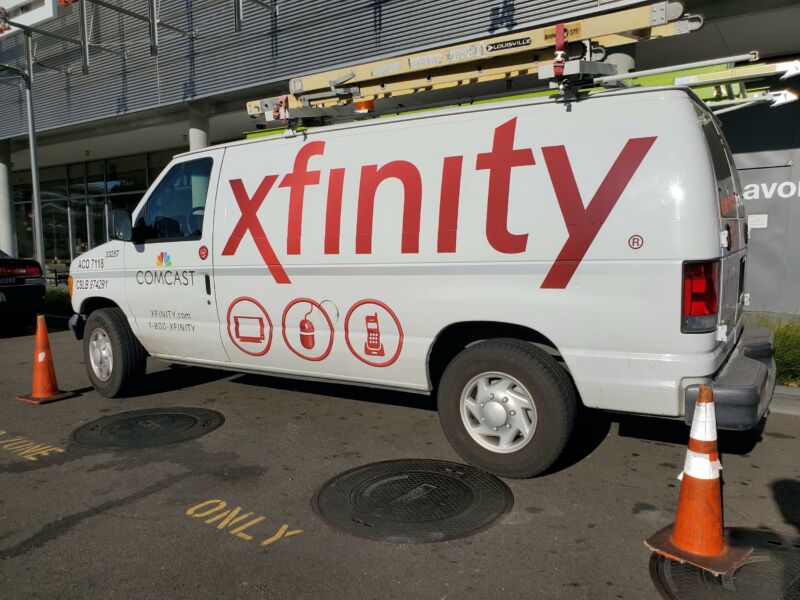Comcast Accidentally Published 200,000 Unlisted Phone Numbers

Comcast mistakenly published the names, phone numbers, and addresses of nearly 200,000 customers who paid monthly fees to make their numbers unlisted. The names and numbers were made available on Ecolisting, a directory run by Comcast, and picked up by third-party directories. After discovering the mistake, Comcast shut Ecolisting down, gave $100 credits to affected customers, and advised them that they can change their phone numbers at no charge.
This is similar to a mistake in the early 2010s that resulted in Comcast paying a $33 million settlement in 2015.
The Denver Post reported last week:
For years, customers have had the ability to pay a small sum per month to ensure their phone numbers and personal information remain off of telephone and online directories. But in January and February, thousands of people across the country received letters from Xfinity telling them the company had inadvertently published personal information on Comcast’s online directory, Ecolisting.com. The issue affected 2 percent of Comcast’s 9.9 million voice customers, the company said.
Comcast charged $3.50 a month for the number-privacy feature in Pennsylvania, The Philadelphia Inquirer wrote. Customers elsewhere apparently paid more—some Comcast users on a support forum reported having to pay $5.50 per month.
In a statement to Ars, Comcast said, “We have corrected this issue for our identified customers, apologized to them for this error, and given them an additional $100 credit. We are working with our customers directly to address this issue and help make it right, and are taking steps to prevent this from happening again.”
In its notice to customers, Comcast acknowledged that its mistake may result in phone numbers being available in third-party directories:
Please note that even though Comcast quickly removed your information from Ecolisting.com, there is a possibility that your information was accessed by visitors to the Ecolisting.com website while it was available. As a result, this information could be available on online directories or through other public sources that Comcast does not control. If your information appears in online directories, such as whitepages.com and yp.com, you may wish to consider contacting those online directories directly. It may also be advisable to change your Xfinity Voice telephone number.
Customers express justified anger
A few customers on the Comcast support forum said they planned to file complaints with their state attorney general’s office. “Without going into details on this forum, Xfinity has compromised the safety of myself and my family by publishing my identifying information for others to see,” one of those customers wrote. “Simply providing a $100 credit is not good enough considering the mess I am going to have to deal with. People have the right to be upset considering they were paying for service that was not provided, I suspect that Xfinity is liable.”
Another customer wrote, “I’m now published all over the Web because of their error.”
In 2015, Comcast agreed to a $33 million settlement with the California state government after disclosing unlisted phone numbers “over a two-year period.” In that case, Comcast paid $100 each to 75,000 customers who paid for unlisted service, for a total of $7.5 million, and refunded more than $2 million worth of fees those customers paid for unlisted service. Comcast also paid “$25 million in penalties and investigative costs” to the California Department of Justice and the Public Utilities Commission.
An Ecolisting FAQ says that “Comcast does not sell customer data for marketing purposes,” but it notes that “the contents of the Ecolisting directories are publicly accessible.” The site homepage contains a notice that says, as of March 5, “we will no longer make available any directory listing information about our Xfinity Voice customers through ecolisting.com, directory assistance, or print publications. This includes names, phone numbers, and addresses. We also will not share any of this information with third-party publishers.”
READ MORE HERE


